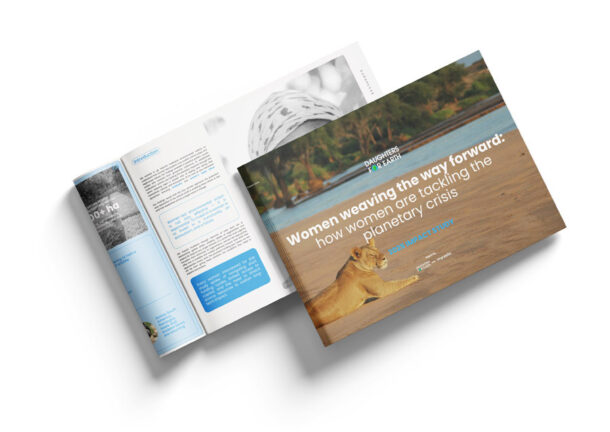United States of America
Eco-Farming & Land Renewal
Rupa Marya’s parents were driven out of their homeland in the seventies by the colonial theft of trillions of dollars worth of wealth from India over centuries of British rule. They were seeking a better life for their children.

Rupa grew up on unceded Ohlone territory in what is now called the San Francisco Bay Area in Northern California. Given her history, she began to examine her role as a guest on other people’s land. How could she support them in healing the harm that had happened in the genocide that came with the Gold Rush? What was her correct orientation as a guest? How could she repair her connection to her ancestral land?
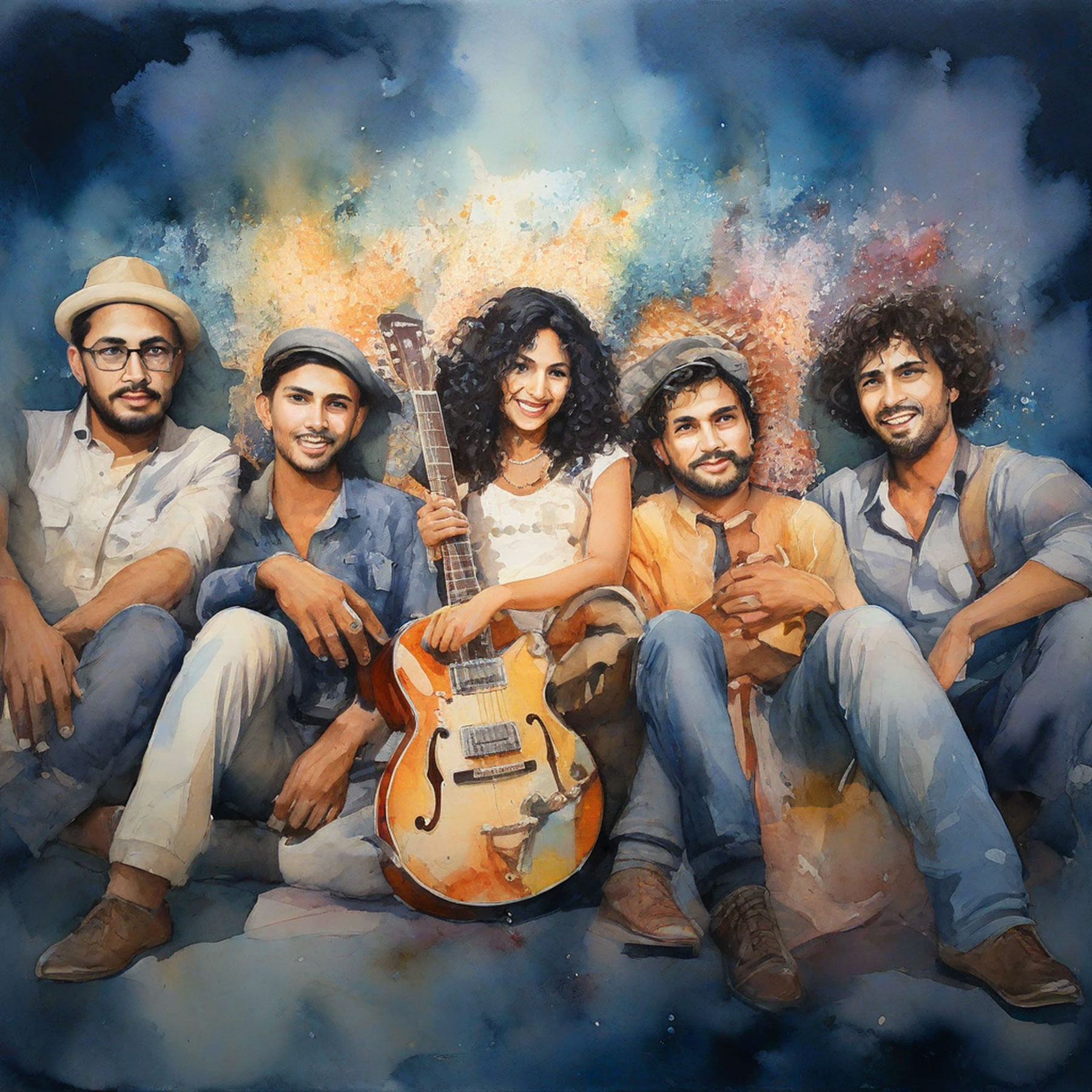
These revelations led her to found the Deep Medicine Circle, a collective of farmers, elders, physicians, healers, herbalists, ecological designers, scholars, political ecologists, educators, storytellers and artists seeking to heal the wounds in our bodies, our communities, and our planet that were caused by colonial mentalities.
The Deep Medicine Circle’s cornerstone work is “Farming is Medicine”. It is a food system model built on four main principles: returning land to Indigenous people and partnering with them to care for that land; recognizing farmers as stewards of health; decommodifying food so that what is grown is given away for free; and treating food as medicine.
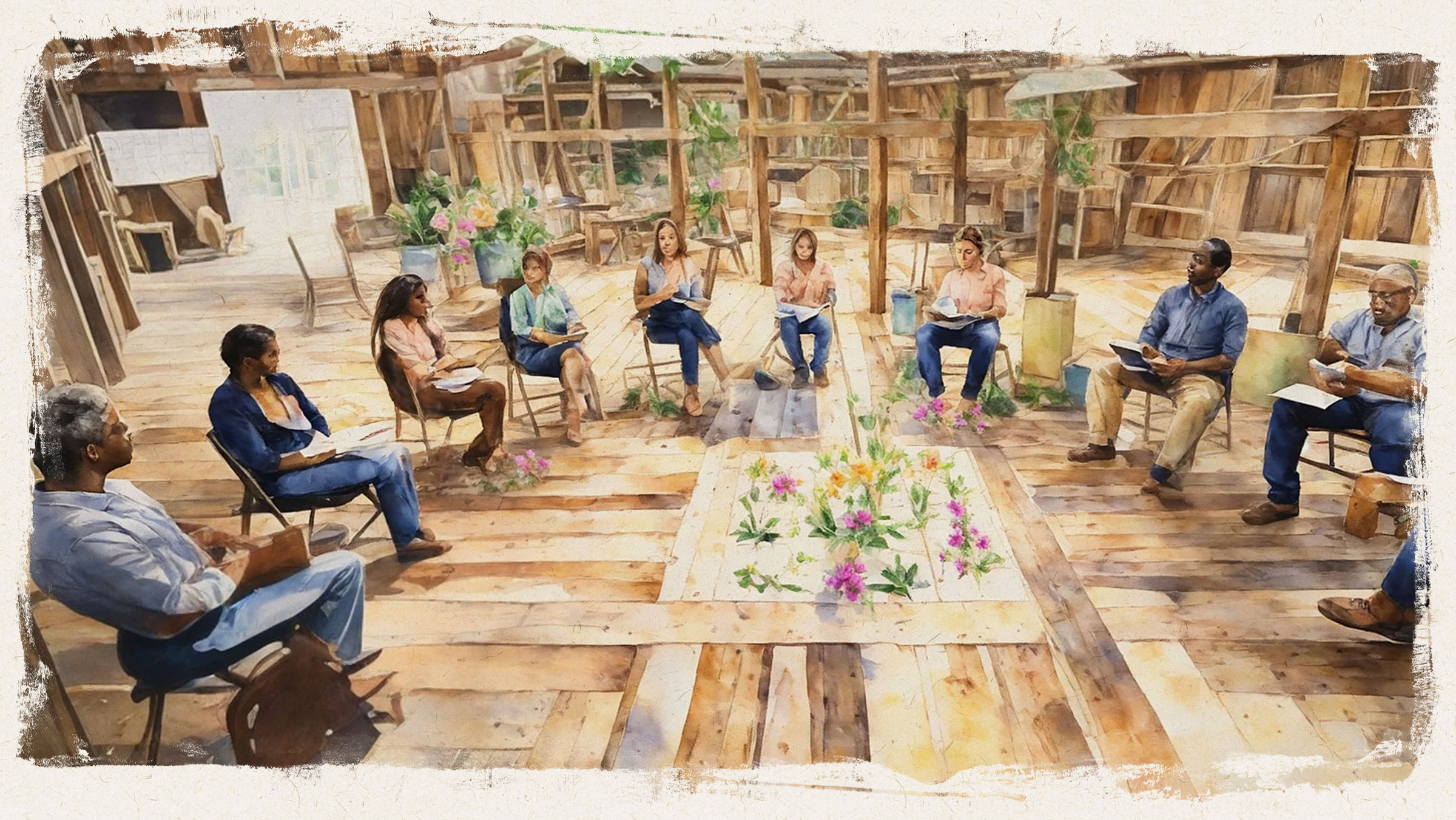
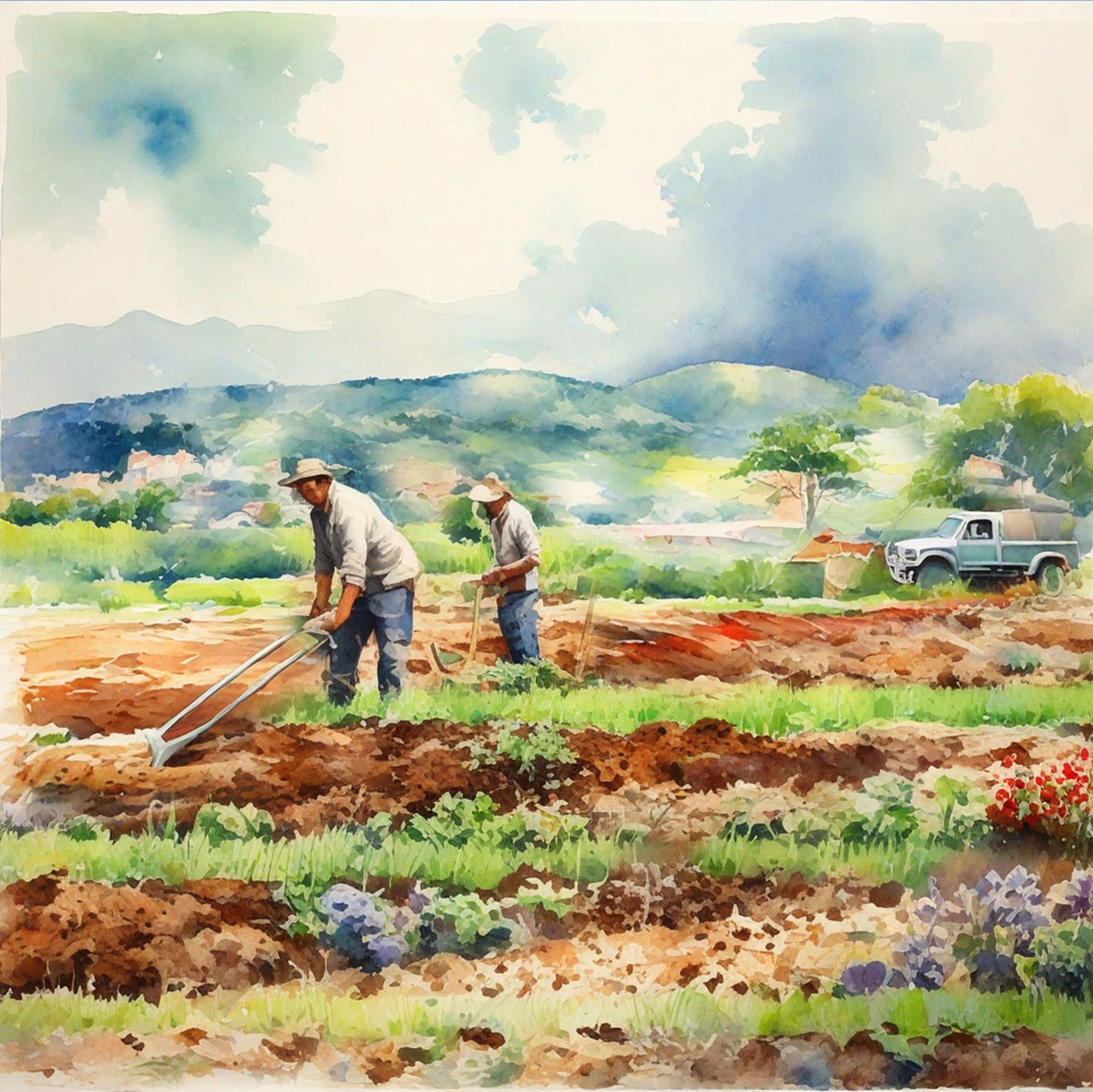
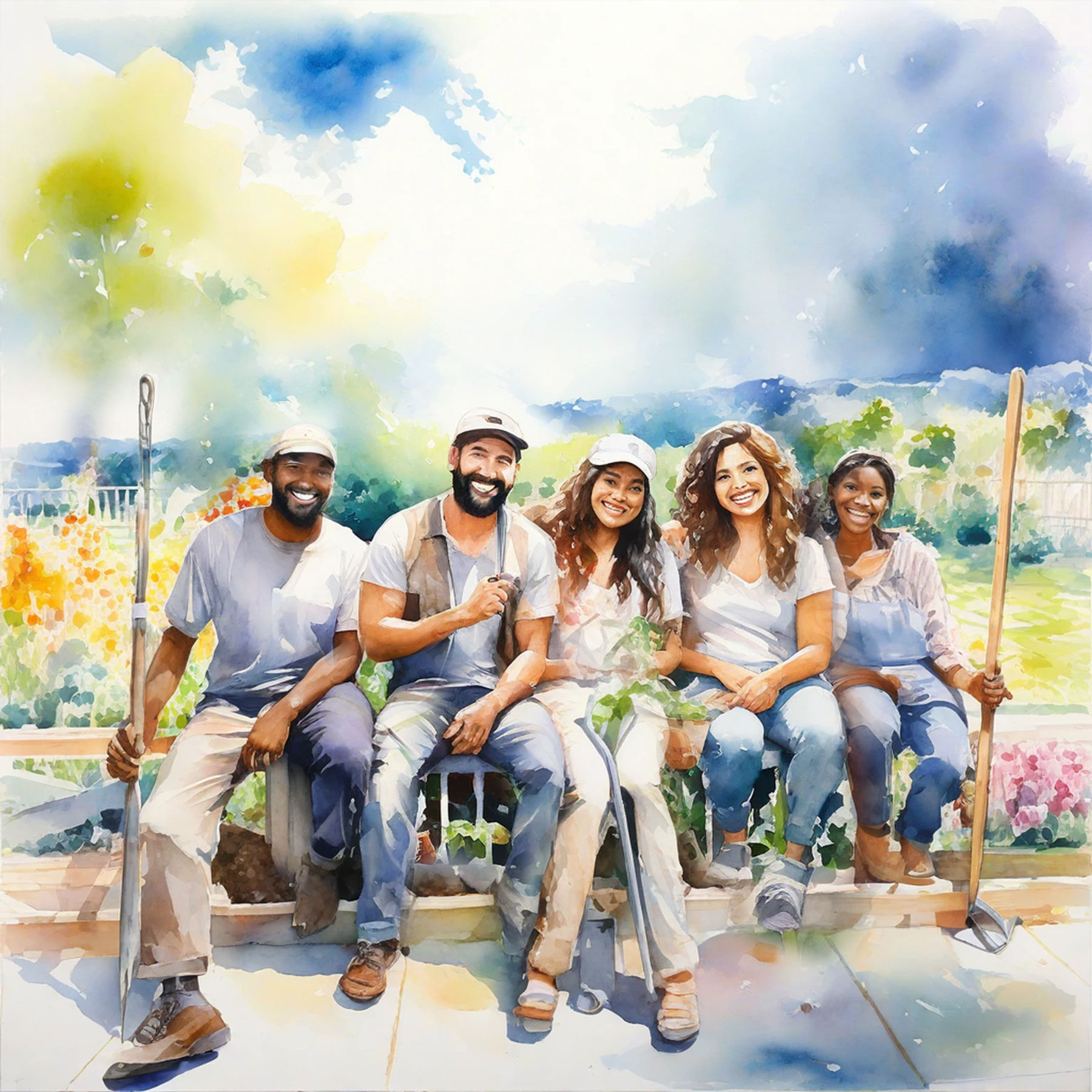
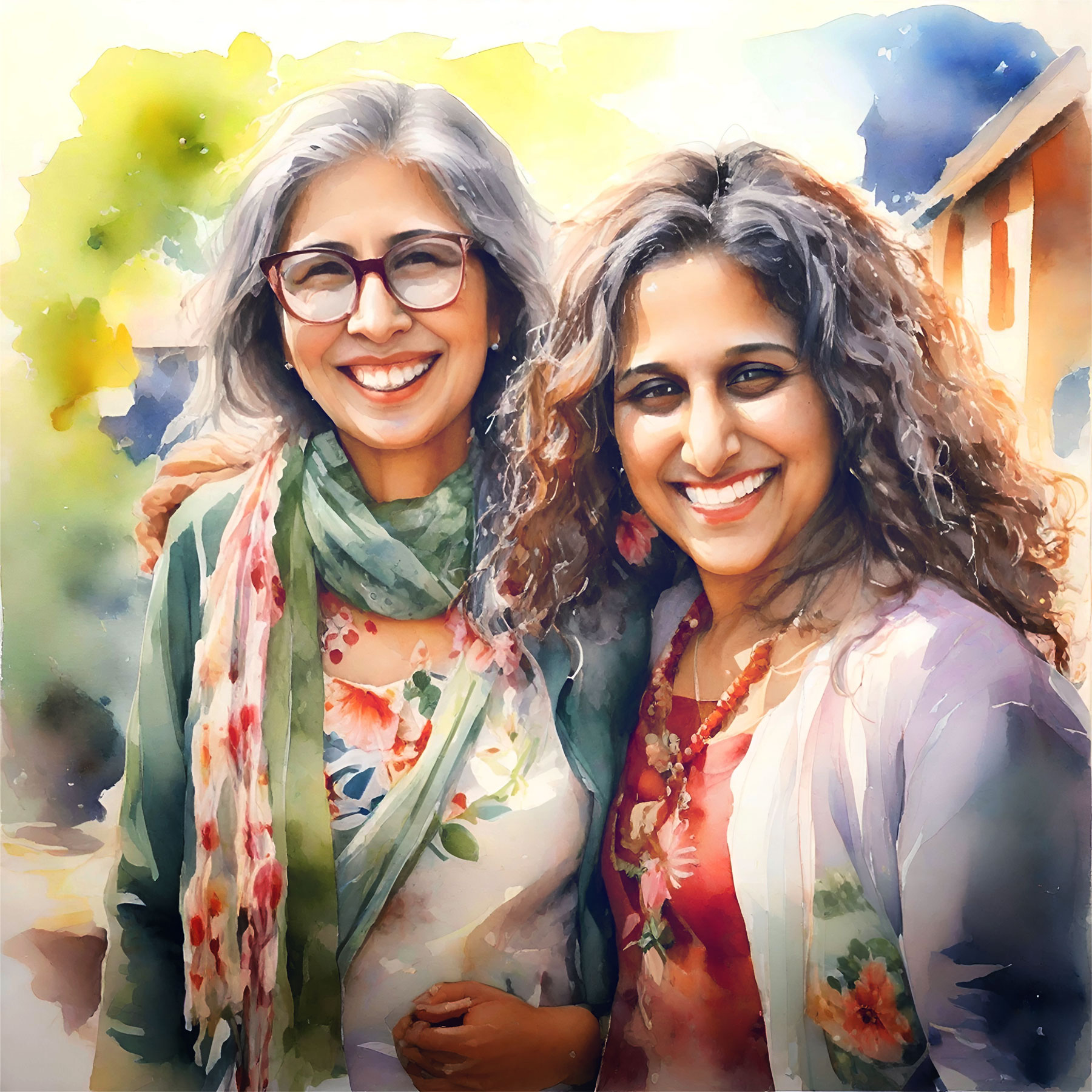
Ultimately, Rupa believes that by reawakening our connections to the earth, our food and one another, we can repair the damage inflicted by colonialism, achieve holistic health and create a better future for ourselves and our planet.

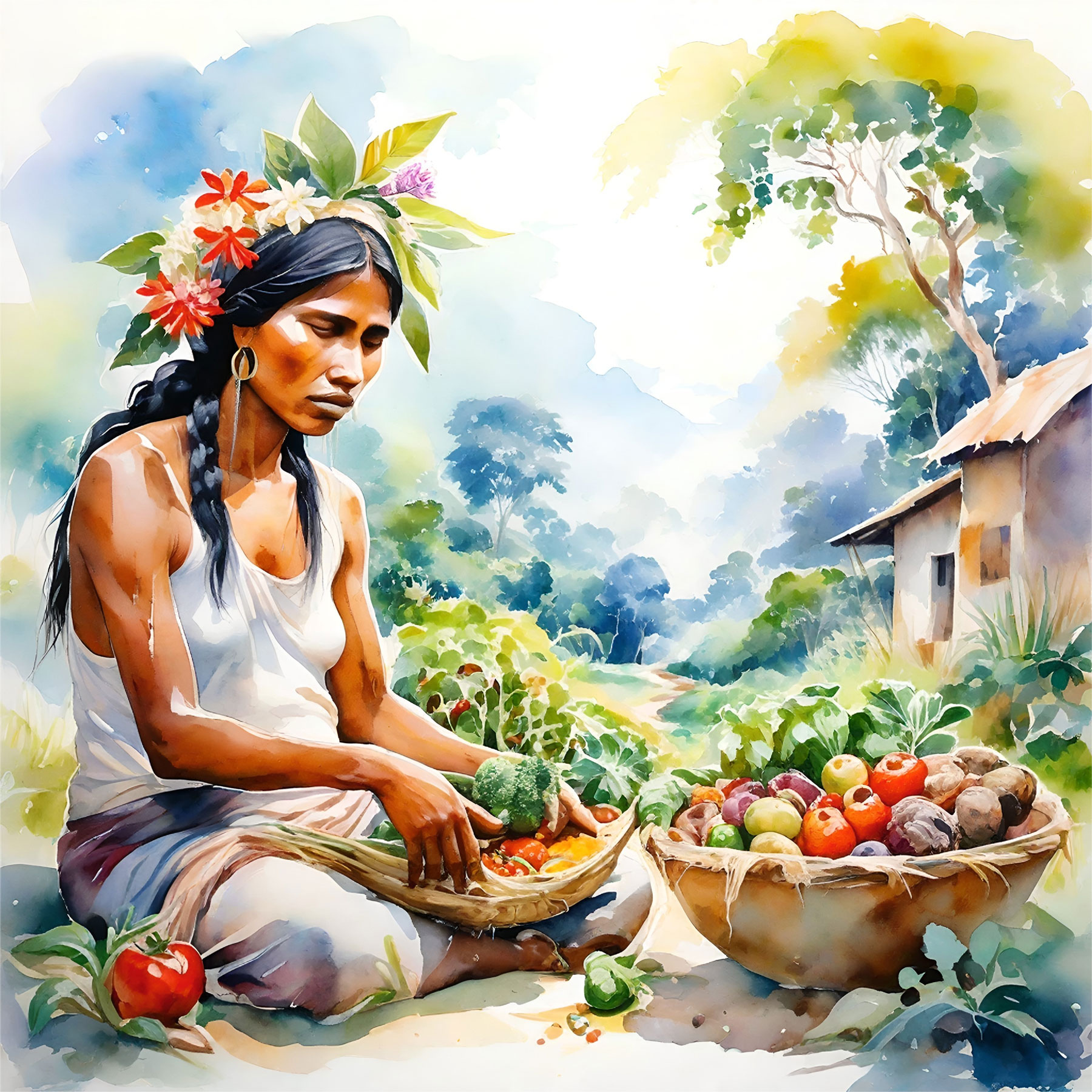
Centuries of dispossession and environmental exploitation have wreaked havoc on Indigenous land management and food production practices, resulting in ecological degradation and biodiversity loss.
Agroecology asserts people’s rights to define their own food and agricultural systems in ways that are culturally appropriate, socially just, and ecologically sustainable. It holds incredible promise for addressing the challenges of food insecurity, climate change, and environmental degradation.
But we can’t just jump into agroecology without fixing the injustices that have hurt Indigenous communities for centuries. We can make things right by supporting them in asserting their sovereignty in their homelands and respecting their traditional knowledge.
This approach could lead to a future where everyone has enough to eat, climate change is mitigated, and we live in harmony with the entire web of life.
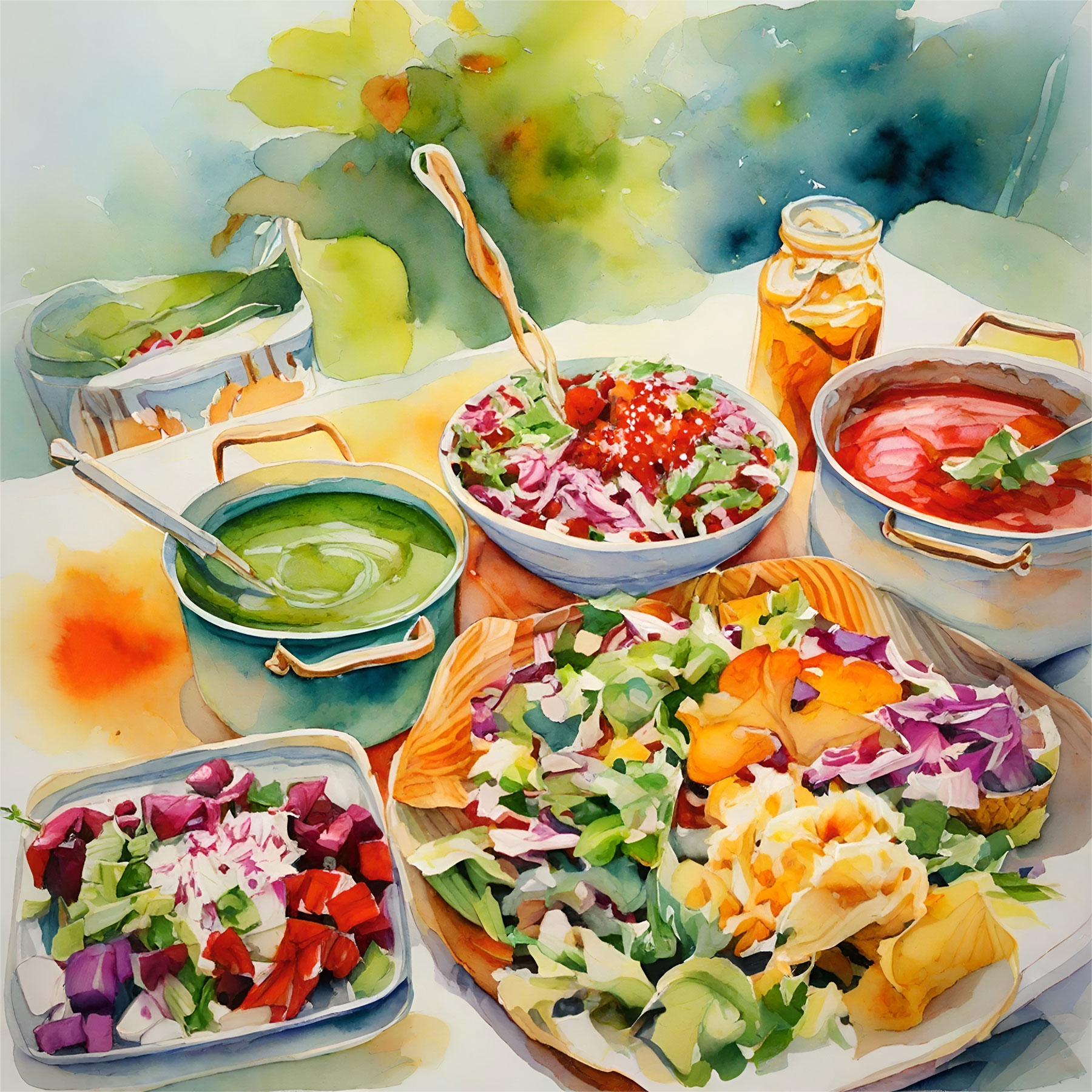

Consider these tips:
Personal
Before colonialism, our ancestors had some seriously profound ways of living in sync with nature. They emphasized sustainability and respect for Mother Earth. Bringing back those traditions could help heal our planet and ourselves.
Read Inflamed: Deep Medicine and the Anatomy of Injustice. Co-authored by Rupa Marya and political ecologist Raj Patel, this book explores how colonial capitalism has impacted the health of people, societies, and the planet. But it doesn’t just point fingers—it argues for big structural changes and offers the way toward a path that has the potential to heal not only our bodies but also the world.
Adopt sustainable eating habits to help promote food sovereignty. Plan your meals and create shopping lists to avoid buying more than you need. Store your food properly to extend its shelf life. Avoid wasting food by creating new dishes from leftovers. Buy locally produced, seasonal foods.
Community
Create spaces for dialogue, education, and collaboration where you can collectively unpack those big, messy narratives around systemic injustice. The goal is to agitate for alternative systems of care that prioritize people over profit—systems that uphold fairness and justice and keep our planet healthy.
Choose fair trade-certified products to ensure that farmers and workers receive fair wages and work under fair conditions. This is especially important for items like coffee, chocolate, and bananas.
By coming together as a community, you can take on the oppressive systems that have caused so much harm to our planet, dream up new possibilities, and pave the way for a more just and sustainable future.
Share Your Ideas
Share your ideas:
We would love to hear from you. What sustainable eating habits have you incorporated into your lifestyle? Please send them to engage@daughtersforearth.org. You can support all Daughters by visiting our website and becoming part of the solution here.



 Donate
Donate